Many people believe that “Travel is the only thing you buy that makes you richer.” However, it is not that easy. What makes traveling to a new country as a first-time traveler scary yet exciting, is facing a new culture and visiting Iran is no exception. Getting to know a new culture can teach you a lot, but having some information beforehand can prevent many misunderstandings and troubles.
Let’s look at some of the main issues that every first-time traveler can face while visiting Iran. Remember that life is meaningless without trying new things, so continue reading to be aware of the most common mistakes and avoid making them.
Table of Contents
1. Not Having Enough Cash
Today many people use their credit cards everywhere, but, while visiting Iran you should always have enough cash with yourself for two main reasons. Unfortunately, you cannot use your international credit cards because Iran’s banks do not have access to the accounts due to sanctions. That’s why you need to apply for Iranian debit cards before your trip to Iran, or you can pay for everything that you buy with cash.
The other reason is the fact that you cannot use your debit card everywhere, especially in villages, because accessing ATMs might be difficult in those places.
Now that you have got some idea about having cash with yourself as a first-time traveler, you need to deal with the currency of Iran.
2. What Is the Currency of Iran? Rial or Toman?
Although the currency of Iran is Rial, Iranian people express the amount of price for products in Toman. It is confusing, but you will eventually get used to it. You should know that one Toman equals ten Rials, so if you are in a store and you buy a product which is 100,000 Rials, the cashier will ask you to pay 10,000 Tomans.
3. Knowing no Persian Phrases
Fortunately, many Iranians know a little English to help you find your way or buy something. However, when it comes to visiting Iran, it is good to know some useful phrases in the Persian language, especially phrases related to greetings, ordering food, shopping, and taking a taxi.
Here are some of the most useful phrases for you:
Greeting:
Salam (Hello)
Chetori?/ Khoobi? (How Are you)
Mersi/ Mamnoon (Thank you)
Bebakhshid (Sorry/ Excuse me)
Khoda hafez (bye)
Ordering food:
In ro mikham (I want this one)
Khoshmazas (It’s delicious)
Lotfan (Please)
Shopping:
Mishe Bepusham? (Can I try this on?)
Andaze nist (It doesn’t fit)
Cheghadreh? (How much is this?)
Taking a taxi:
Cheghadr? (What’s the fare?)
Knowing a little Persian would be beneficial, particularly if you have a special diet. For example, if you are a vegan or you are looking for something special in Iran, you need to know how to express your needs.
So, if you are a vegan, you can say “Man vegaanam” or “Man Giyah Kharam” ( I’m a vegetarian)
4. Lack of Basic Knowledge About the Persian Culture
Like any other culture, some behaviors are acceptable in Iran, and some others are not. When you are visiting Iran as a first-time traveler, some aspects of the Persian culture may sound strange, so like any other place in the world, it is better to respect these traditions. For example, if people offer you something, it is considered polite to refrain from taking it at first-time if you want it. They will ask you again, and you can accept it this time. This process of asking and refusing to accept something is called Taarof.
One of the other common mistakes that a first-time traveler makes is calling Iranian people Arabs, which may be considered as ignorance. Iran is actually made up of diverse ethnicities, and although there is a proud Arab ethnic group located in the south, the majority of people are Persians.
Another thing that may sound disrespectful is when travelers do not take their shoes off while entering sacred places such as mosques, shrines as well as Iranians’ houses. People respect these places very much, so follow the rules when you are visiting Iran and going to see those places.
5. Dress Codes
One of the biggest questions that a first-time traveler always asks before visiting Iran is how to the most appropriate outfit? Iran has its own unique dress code because of is an Islamic country, so there are rules for people who are visiting Iran to follow if they want to look like locals.
As an Islamic country, women must have Hijab and wear particular kinds of clothes in Iran, including pants, long blouses with long sleeves. Also, women must wear scarves to cover their hair. For men, the rules are not that strict, but wearing shorts in public places is forbidden for both men and women.
6. Gender Segregation in Transportation
While visiting Iran, as a first-time traveler, a culture shock would be gender segregation in Iran. Because of cultural matters, in Iran, men and women have their specified sections when it comes to public transportation. In buses and subways, there is a separate part for women to use, which are marked by signs, and you can find them easily. If you are using subways or buses, remember to sit in the right section and follow gender segregation rules. Although most of the time, the special cabins for women get too crowded, and it is ok to enter the other cabins.
Also, there are some special taxis only for women to take that usually have female drivers, but of course, women can use regular cabs as well.
7. Eating in Public During Ramadan
If visiting Iran during Ramadan is your plan, remember that the majority of Iranians are Muslims. Therefore, they fast for one month, and they do not eat or drink anything from sunrise to sunset. This month is called Ramadan and is considered holy by Muslims, so to pay respect to those people who are fasting, others cannot eat or drink in public before sunset.
During Ramadan, people usually go out after sunset to hang out. Ramadan 2020 will begin April 24th and end May 23rd. If you want to spend time with locals and enjoy the nightlife, Ramadan would be the perfect time for you.
8. Taking photos Near Security Stations
It is totally okay and even interesting to check out unique places such as military stations and embassies when you are visiting Iran because many of them have outstanding architectural designs. However, you cannot take photos or record any videos in those buildings that are still in use. Due to the high security of high-security places, the guards or the police will at least give you a notice and ask you to delete the photos and you may even get in trouble.
9. Prohibition of Using Drones in Iran
Although when you are visiting Iran, bringing a drone to this country is not forbidden; it is better not to use your drone in this country.
As a first-time traveler who is going to face many extraordinary places in Iran, the idea of using a drone is tempting. This unmanned aerial vehicle is to capture the most breathtaking phenomena of this ancient country, but becoming eligible for taking shots by drones has a frustrating process. You need to ask permission from the Ministry of Cultures and the Ministry of Defense and Armed Forces by giving them the exact location of where you want to fly it and the amount of time that you want to use.
It is also forbidden to use it in Tehran, as well as flying it over police stations, airports, military, and nuclear buildings. The government is strict about using drones in Iran; hence, following the rules can guarantee you safety and let you experience an incredible journey without any potential problems.
10. Being Unfamiliar with Persian Restrooms
One of the most important things that every first-time traveler should know about Iran is how to use a Persian toilet. These kinds of toilets are totally different from regular ones, and instead of using toilet paper, people use water in the restrooms. If you are not familiar with these kinds of toilets and want to use the bathroom, remember to have your toilet paper with you. Fortunately, there are regular toilets in most of the famous public places, but it is better to play safe and have toilet paper with yourself.
11. Getting confused About the Iranian Calendar
Although Iranians know the Gregorian calendar as the “Miladi calendar” and use it in some situations, the official calendar of Iran is the Solar calendar. The new year begins at the moment of the vernal equinox, which is the first day of spring, and Iranians celebrate it by throwing a fantastic festival and call it Nowruz. In the upcoming year, the year starts on March 20, 2020, which would be the 1st of Farvardin 1399 and ends on March 19, 2021, or 29 Esfand 1399. The first six months are called Farvardin, Ordibehesht, Khordad, Tir, Mordad, and Shahrivar, which have 31 days. The second six months are Mehr, Aban, Azar, Day, Bahman that have 30 days, and Esfand, which has 29 days in regular years and 30 days in a leap year. Every four years, we have a leap year.
Understanding the Iranian calendar and using it when you are visiting Iran can be challenging, but this chart can help you.
Now that you know what are the most common issues that as a first-time traveler you should deal with, you can prevent them from happening. Pack your bag and enjoy your trip to this beautiful country.
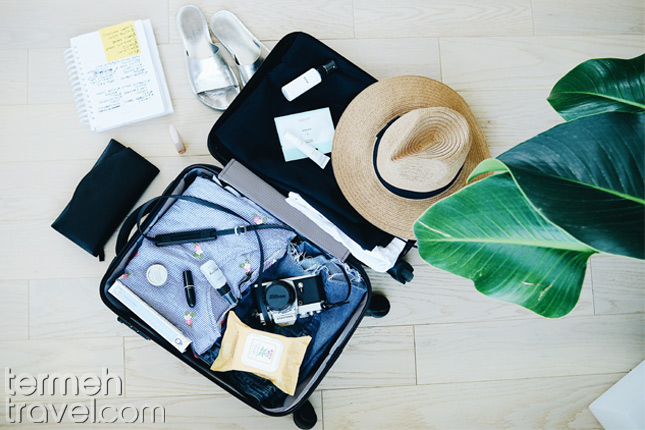
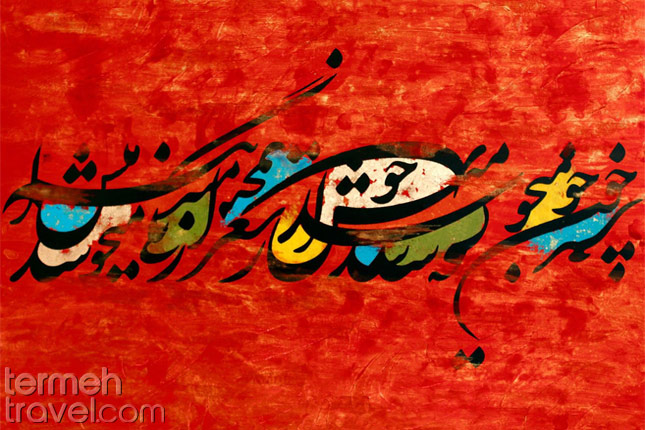
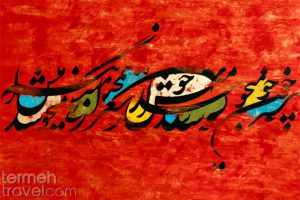
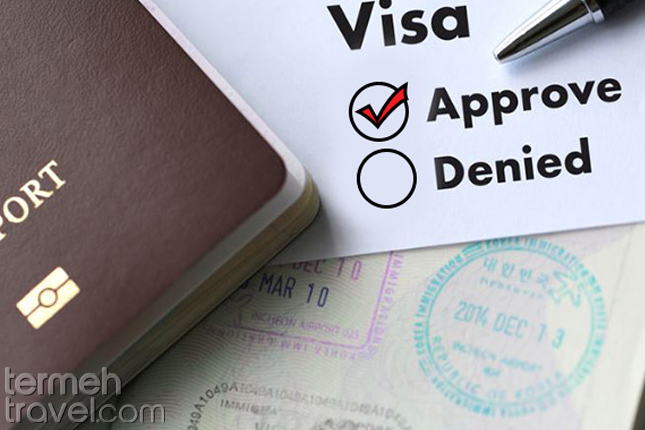
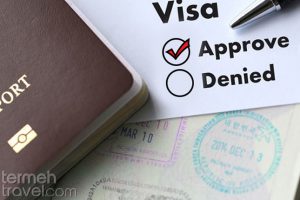
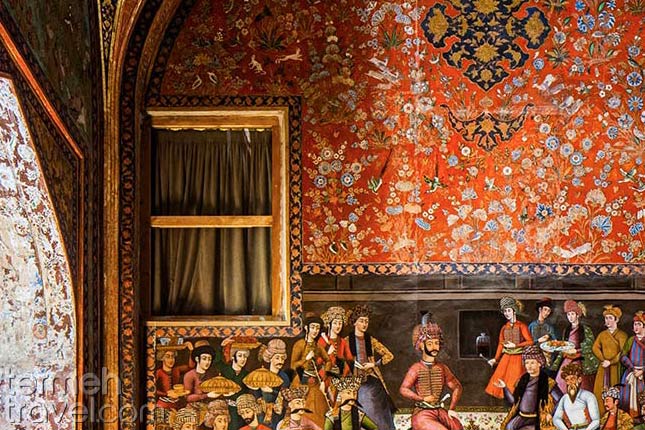
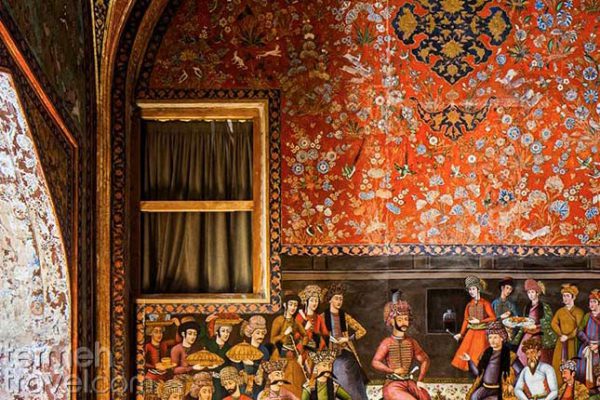
Leave a Comment